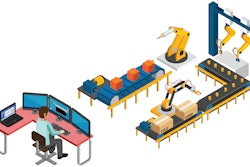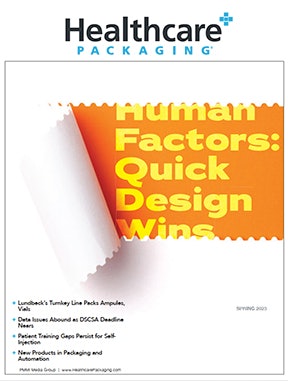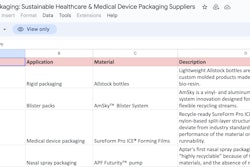
There has been much discussion around the entitlement mentality of today’s young people as they leave college and expect that they are owed a well-paying job starting somewhere near the top.
I was recently asked by a parent to provide some guidance to a son who received a mechanical engineering degree, but had no job. I suggested that he consider companies such as packaging machinery manufacturers or packagers—not only because they are hiring mechanical engineers, but because they offer exciting careers. But after a few minutes of speaking with him, I learned that he knew more about how the engineering workplace operated than I did (after 30 years), and he felt entitled to wait until some job came around that suited his vision of engineering.
However, less often discussed is the entitlement mentality of employers. I see employers also acting as though they are entitled to the workers that they want, when they want them, and with the skills that they need. There was a day when there were multiple qualified applicants for each open manufacturing job. Employers had to use various screening mechanisms to pick from the qualified applicants. But those days seem to be behind us. Automation has raised the bar for entry-level employment while high schools have arguably lowered the bar for graduation and reduced the diversity of programs, which has been driven in large part by increasing state and national control. The gap between the unemployed and unfilled manufacturing jobs is growing wider.
Many employers believe that our education system should know what a company’s needs are and should be turning out graduates who fulfill those needs. But an administration official at a local college told me that he didn’t care what employers thought students should learn. He was only interested in providing an education. Students think that their teachers and counselors are directing them along a pathway toward meaningful employment. They don’t understand that it costs nothing for a school to offer a political science degree compared to the millions of dollars of investment it takes to set up a lab for a degree in industrial maintenance. Everyone is feeling entitled to what they want, but no one is exercising the leadership to bring the parties together to establish and achieve common goals.
Who should provide this leadership? Parents, students, private education, public education, or the government? If you want a problem solved, you give it to the person with the problem. In this case, the industry has the problem and it should provide the leadership locally, regionally, and nationally to solve it. Leadership involves bringing the parties together to establish common goals, and then contributing to achieving those goals. Without leadership, the problem will get worse, students will continue to be disenchanted, and U.S. manufacturing will continue to decline either by attrition or by relocation to parts of the world that have an adequate supply of skills. With leadership, students can be prepared for well-paying and rewarding jobs and manufacturing will thrive.
It’s time for everyone to lose their entitlement mentality, roll up their sleeves, and solve the skills gap.
Read more about workforce development on Keith Campbells' blog, On The Edge.



















